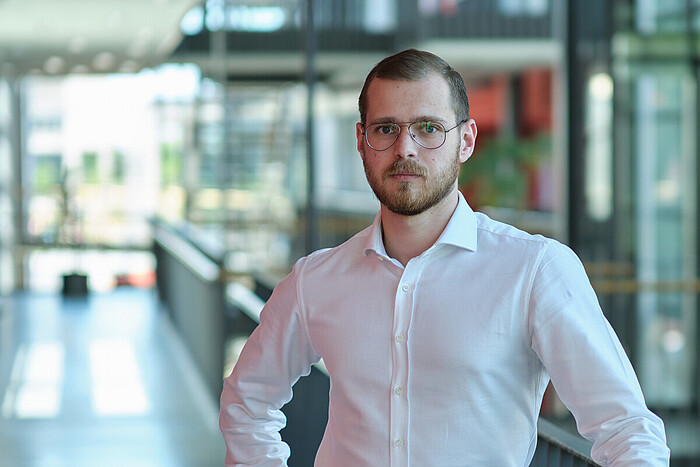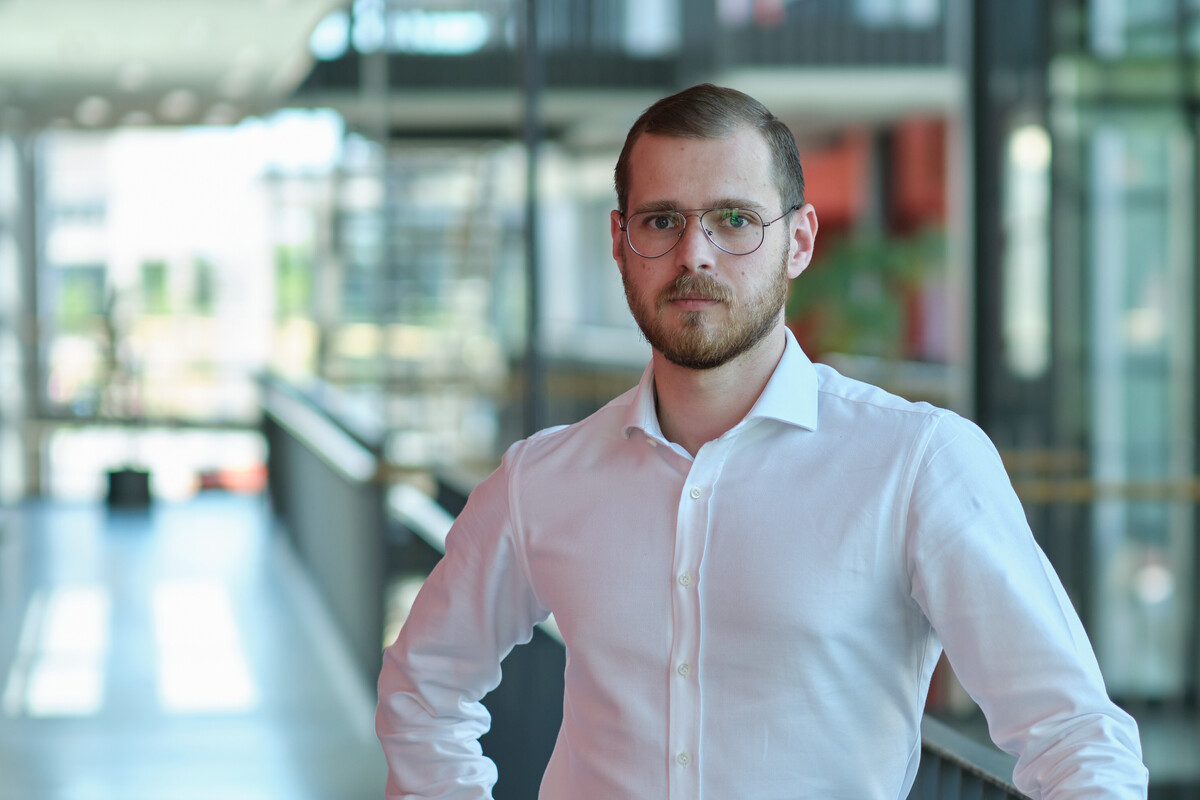David Rapp
Title awarding university: Leibniz University Hannover
Cooperation: KraussMaffei Extrusion GmbH
Title of the doctoral project: Technical evaluation and further development of physical recycling processes for post-consumer polyolefins in the context of the circular economy
Short description of the doctoral project: The majority of all plastics produced today are used in the packaging sector, with the majority still consisting of the polyolefin class of polymers. This may be attributed to a variety of reasons (inexpensive standard plastics, advantageous and partially adjustable property profile, toxicologically completely harmless) and yet their widespread use in large quantities is not entirely uncontroversial in terms of ecological aspects - especially within the popular discussion.
In Germany, plastic consumption in the packaging sector amounted to around 3.2 million tons in 2021, of which almost the same amount (> 99% by mass balance) was generated again as waste in the same year. The volume of waste from post-consumer waste has risen continuously over the last three decades. Hence we have a material flow, that has an intrinsically short lifespan and is generated in large quantities on a constant and continuous basis. In an economic context, this also gives rise to opportunities that can fall on fertile ground based on different future scenarios.
At present, polyolefins worldwide are hardly thermomechanically recycled in significant quantities for higher-value applications (e.g. food packaging). Due to the low price of virgin material, its high calorific value, various process engineering problems and partly restrictive legislation, many process engineering approaches that would meet higher requirements are still hardly economical. However, social pressure, upcoming national and international legislative changes and changing energy and raw material prices could shake-up this situation abruptly.
The main aim of this thesis is to present the process engineering aspects of polyolefin plastics recycling, to evaluate already realized and technically described processes in the context of current circumstances and potential future scenarios, and to present improved process technology which lever novel approaches in order to prove the fundamental qualification of physical processes for higher-value applications.


 ©
Florian Bittner | IKK
©
Florian Bittner | IKK




















